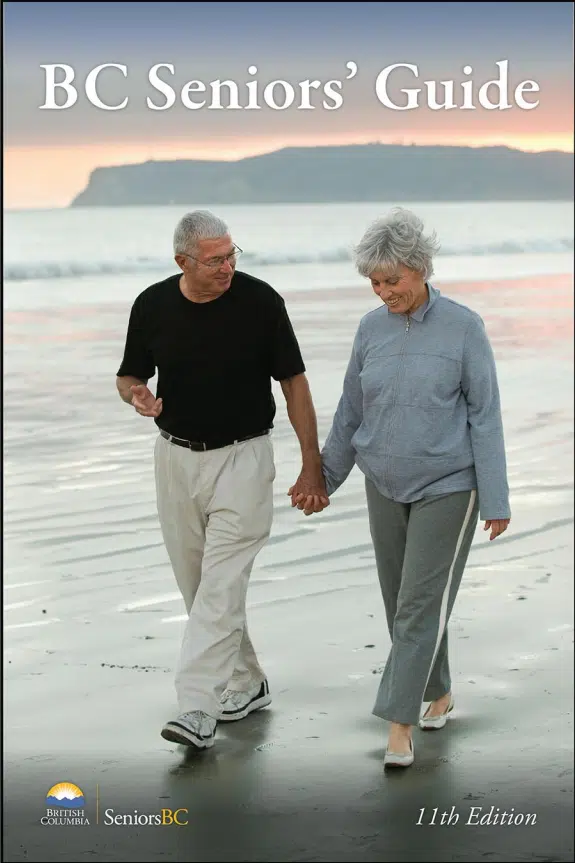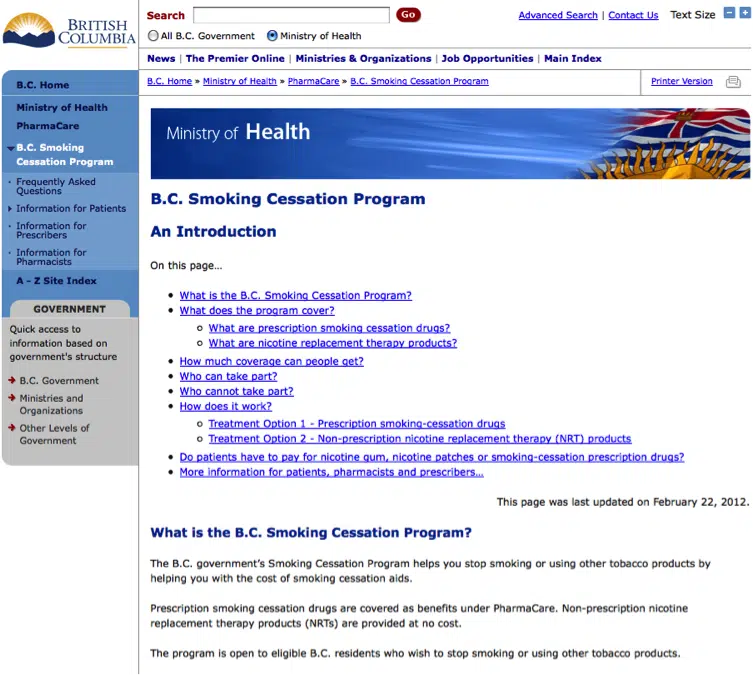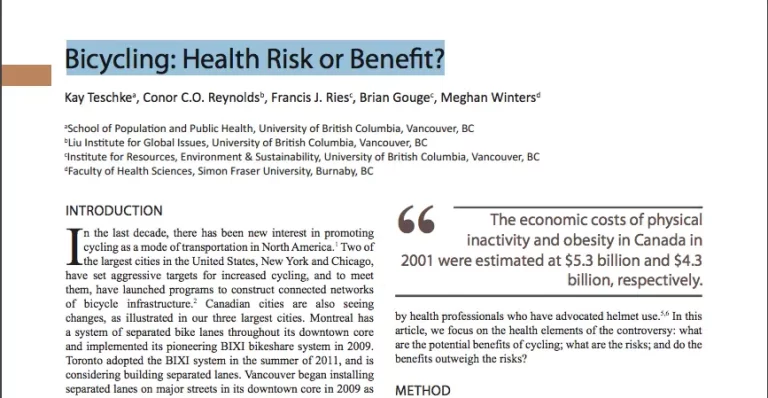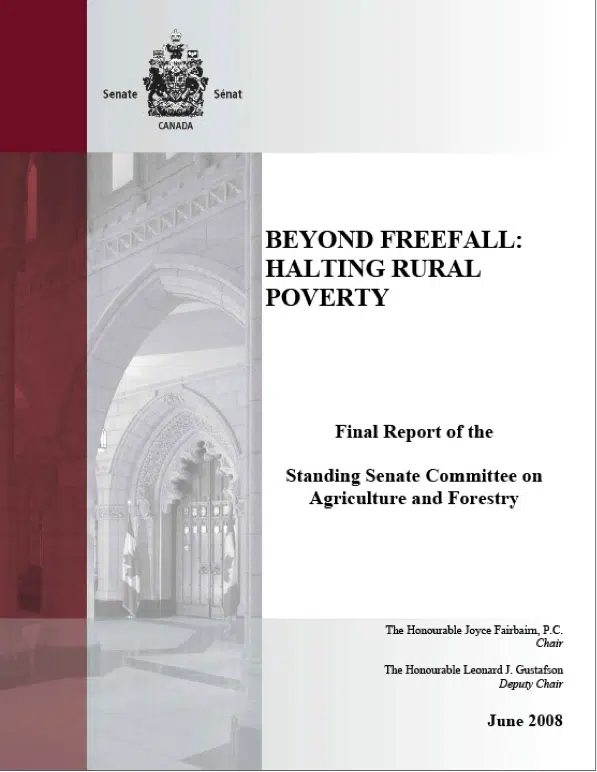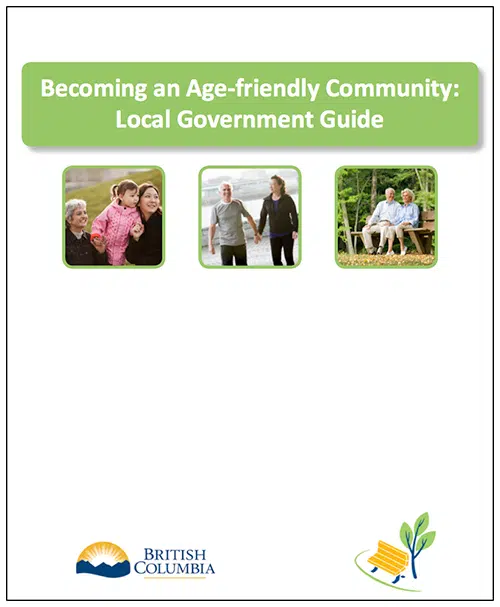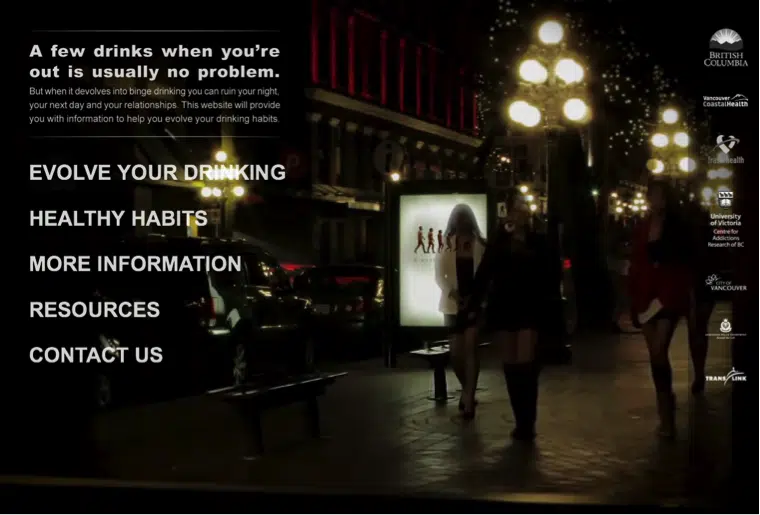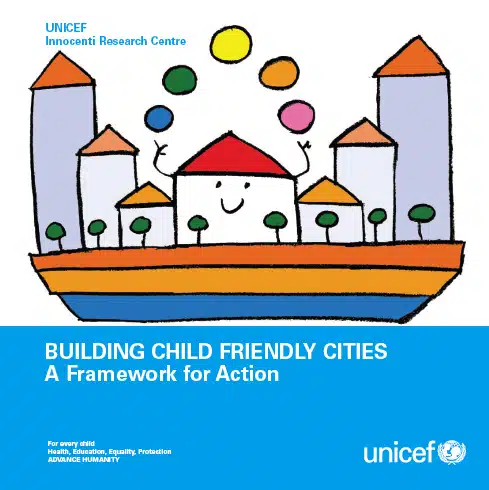Recipients of Active School Travel Pilot Program announced
Students at 12 schools throughout the province will get more exercise and fresh air as part of their daily commute when the second year of the Active School Travel Pilot Program kicks off. The Active School Travel Pilot Program is designed to increase the number of students using active transportation, such as walking or biking, in their…

